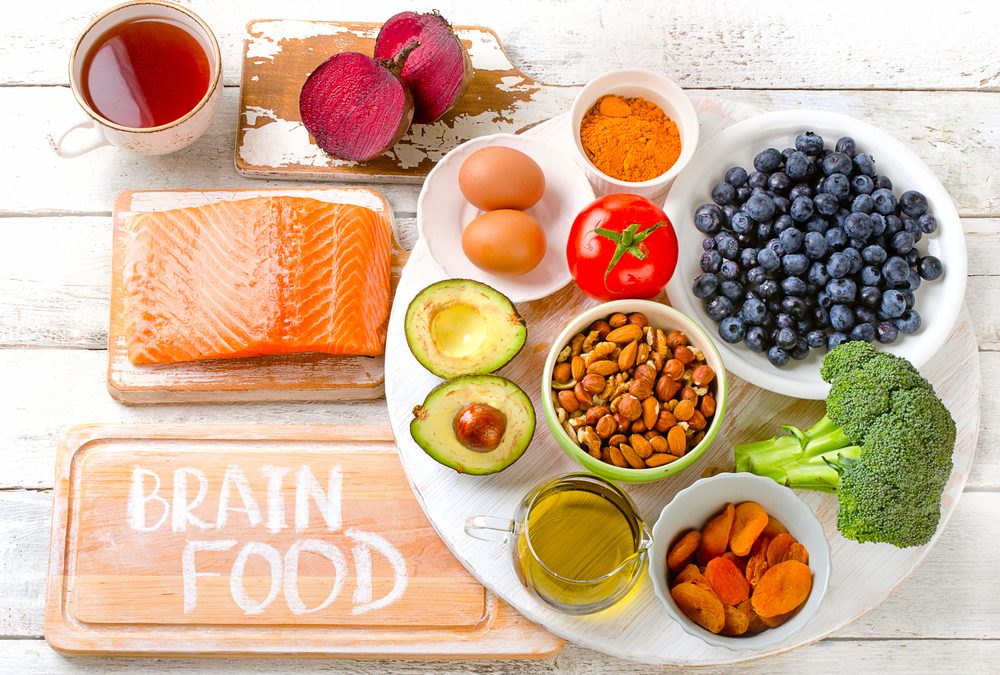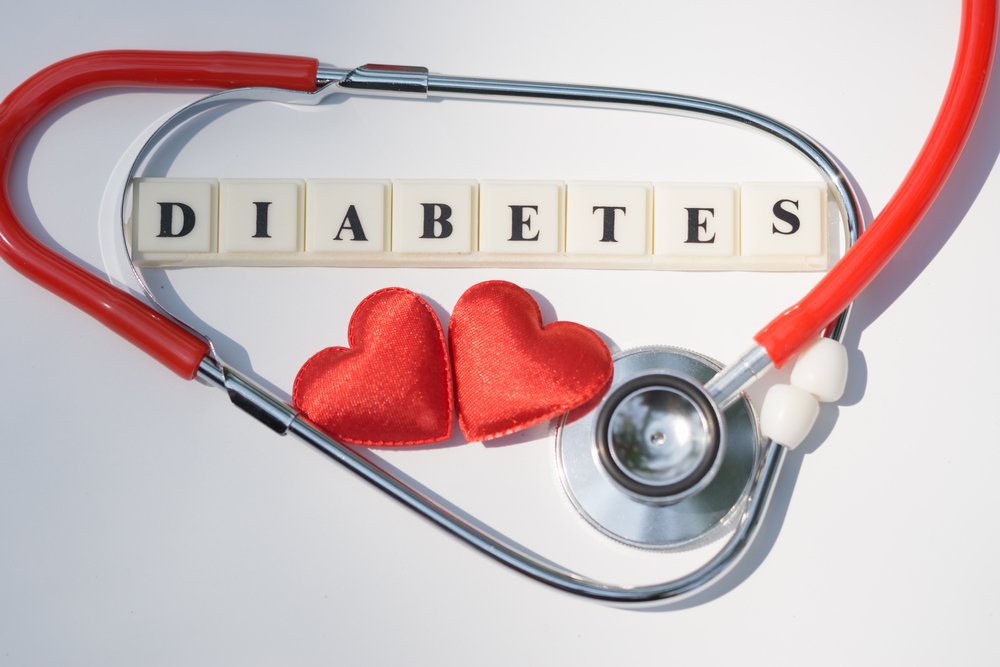Breastfeeding is one of the most beautiful acts of connection between a mother and her baby—but it’s also one of the most demanding. Your body is simultaneously healing, replenishing, and producing nutrient-rich milk around the clock. During this stage, your nutritional needs rise sharply—not only to nourish your baby but also to help your own body recover strength and balance.
That’s where collagen, particularly high-quality marine collagen, can play a quiet yet powerful role in postpartum wellness.
Why Collagen Is Important for Breastfeeding Mothers
Collagen is the body’s most abundant protein, providing the framework that keeps skin firm, joints mobile, and tissues resilient. After pregnancy and birth, these functions become more crucial than ever.
1. Skin Repair and Elasticity
Pregnancy and postpartum changes can stretch and dehydrate the skin. Collagen supports elasticity and hydration, helping the skin gradually regain its firmness while soothing dryness.
2. Joint and Ligament Support
Caring for and nursing a newborn involves repetitive movements and extra strain on the neck, back, and wrists. Collagen helps strengthen connective tissues, promoting flexibility and comfort during these demanding routines.
3. Postpartum Recovery and Tissue Healing
Whether from a vaginal birth or C-section, the body undergoes extensive tissue repair. Collagen’s key amino acids—glycine, proline, and hydroxyproline—contribute to wound healing and help restore muscle and skin integrity.
Because your body prioritizes milk production while breastfeeding, collagen supplementation can help bridge nutritional gaps, ensuring that both you and your baby receive the support you need.
Why Choose Marine Collagen?
Not all collagen types are equal. Marine collagen, sourced from fish, stands out for its superior bioavailability—meaning your body absorbs it faster and more efficiently than bovine or porcine forms.
It’s also naturally gentle and versatile. Powdered fish collagen is tasteless and odorless, easily blending into coffee, smoothies, soups, or oatmeal. Unlike many ready-to-drink collagens that include added sugars or preservatives, a pure powder delivers concentrated nourishment with zero unnecessary additives.
Collagen’s Postpartum Beauty Benefits
Hormonal shifts after pregnancy often bring side effects such as hair shedding, weak nails, and dry skin. Collagen provides the amino acid foundation for keratin and elastin, two key proteins responsible for healthy hair and supple skin.
Regular collagen intake can:
-
Support thicker, shinier hair
-
Strengthen brittle nails
-
Restore skin hydration and smoothness
Over time, these small changes contribute to feeling—and looking—more like yourself again.
How to Incorporate Collagen into a Breastfeeding Routine
1. Choose a clean, reputable source.
Opt for sustainably harvested marine collagen from trusted brands like Ballstad, ensuring purity, safety, and traceability.
2. Make it part of your daily habit.
Add one scoop to your morning drink, smoothie, or breakfast bowl. Consistency is key.
3. Pair it with vitamin C.
Vitamin C supports collagen synthesis—so enjoy citrus fruits, kiwis, or berries alongside your supplement.
4. Stay hydrated.
Adequate hydration helps collagen work effectively throughout your body, supporting skin, tissue, and circulation.
A Gentle Boost for Mom and Baby
Collagen isn’t a substitute for a balanced postpartum diet—but it is a gentle, natural way to enhance your recovery. By replenishing your body’s stores of essential amino acids, collagen supports healing, flexibility, and energy when you need them most.
When you feel strong, hydrated, and nourished, both you and your baby benefit. With Ballstad Salmon Collagen, you’re giving your body clean, bioavailable nourishment sourced from Norway’s pure waters—helping you thrive through the incredible journey of motherhood.




